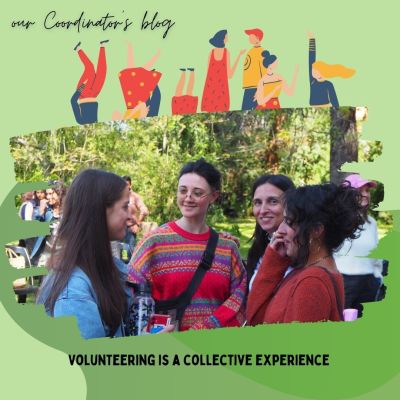When trying out a new restaurant or cafe, you might want to look it up online first and see if there’s a menu available or a Trip advisor review saying that the establishment has gluten free options. Check how recent the reviews are because menus can change pretty regularly.
If you can’t find this information on google, try Instagram: in Buenos Aires, it is a lot more likely that your local restaurant will have a social media account than a website. Whilst this can sometimes make them slightly harder to find, it’s great as you’re way more likely to get a response if you DM/Whatsapp them than by email, and you can get specific dietary questions answered rather than an automatic response.
Ask!
If you’re going somewhere new and you aren’t sure whether or not they have gluten free food, it can be a good idea to ask when you first go in so you can see whether you’ll want to stay or not. If you ask about specific dishes and whether or not they will be gluten free and the person serving you seems unsure, you can always get them to go and check with the kitchen. It’s also fine to check to see if there’s a way that they could make a dish gluten free (removing croutons for example).
Go to a place that is completely gluten free
If you’re worried about there being a miscommunication or you’d just prefer to avoid all risks, then you can go somewhere that has no gluten on the premises at all! There are of course far fewer places like this than restaurants that cater to people who eat gluten and who don’t, but it’s still an option. Goût Gluten Free is a cafe which has a couple of branches in Buenos Aires, as does La Unión Gluten Free, a bakery that also serves sandwiches and coffee.
Eat in
If you’d rather cook for yourself, then you’ll have no trouble finding gluten free food. In all of the big supermarkets you’ll be able to find gluten free alternatives for things such as pasta, bread, flour etc. It’s also easy to find products which are naturally gluten free, they’ll be labelled ‘sin TACC.’
All in all living and eating as a celiac in Buenos Aires is relatively easy and straightforward, but it’s always good to check and plan ahead if you want to enjoy a nice gluten free meal!





